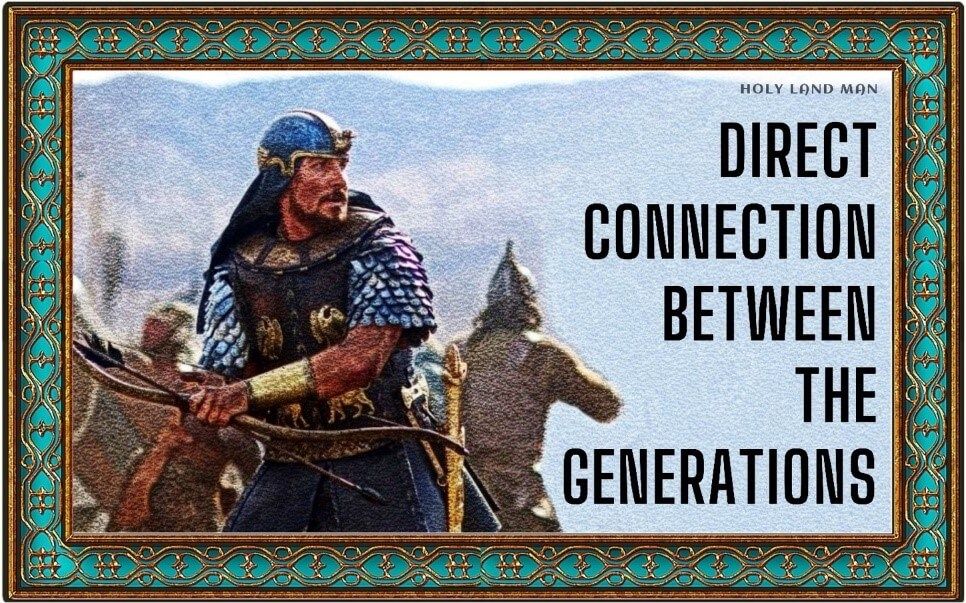It is very easy to make up stories about any negligible and esoteric event, such as a particular hero’s journey to a distant land or his war with some monster. Listeners may be persuaded to believe the story, even if it is not true, because it does not contradict their previous knowledge or tradition. Therefore, such stories are not considered a credible tradition.
In contrast, it is very difficult to convince people in a story about a founding national event that allegedly happened to their Biblical ancestors, if that event did not actually take place. If people are told about constitutive events that their Biblical ancestors allegedly witnessed, then if these events did not really take place, everyone will have a hard time accepting the story. If it happened, how come we did not hear about it before?
It is possible to convince people that someone met GOD in the desert, or that an unknown person killed a dragon in the forest, but it will be much harder to convince them that the same GOD or dragon destroyed their capital city and killed millions of their people a few hundred years ago. Therefore, if we find a group of people who believe in the tradition of such an event, its credibility is high, since if the event happened, it would have been transmitted to the next generation in the form of stories, tales, or passed-down traditions commemorating the event, and so on.









